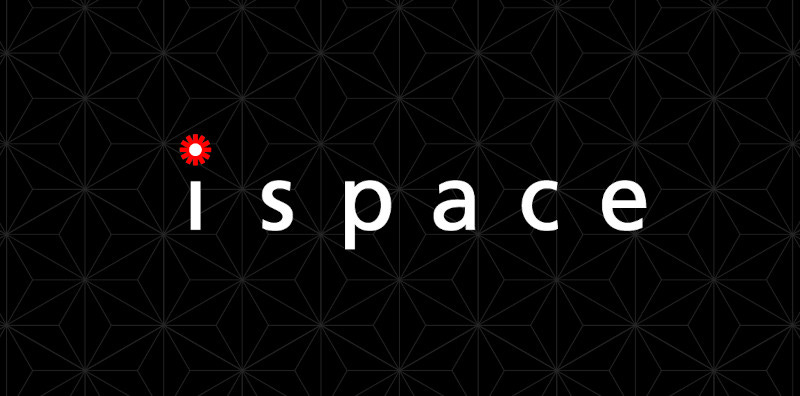ispace - U.S. Announces new U.S. Headquarters
Unveils APEX 1.0 Lunar Lander
ispace technologies U.S. (ispace – U.S.), an American lunar exploration company, has announced its new U.S. headquarters in Denver, Colorado, where it is currently designing and has plans to manufacture its new APEX 1.0 lunar lander for future missions.
"Establishing a U.S. headquarters marks a pivotal new chapter in ispace – U.S.’ journey.”
Ron Garan, C…




